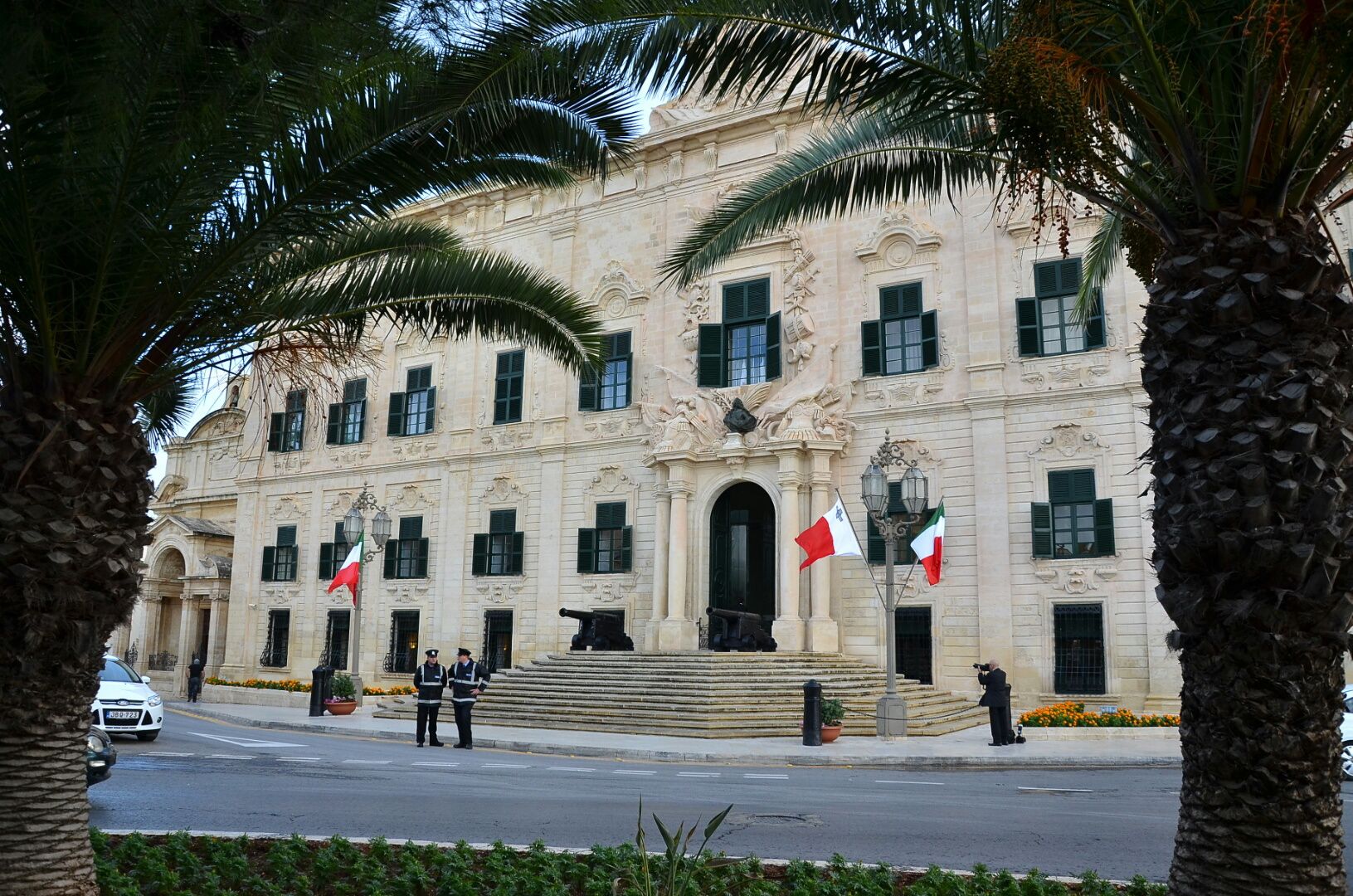Malta, Government urged to stop the energy subsidies


LA VALLETTA (MALTA) (ITALPRESS/MNA) – Although the credit agency DBRS Morningstar has confirmed the highest classification it had given to the Maltese economy, which is A (high) with a stable outlook, the agency denounced the Maltese government for the lack of strategy to reduce or stop the energy subsidies. The agency added that should energy prices remain higher for longer globally, this could prove a challenge to balancing Maltàs financial sustainability.
Maltàs economic outlook for 2023 remains less favourable, with growth expected to slow down due to a continent-wide decline and higher inflation. Despite this, Maltàs “still-moderate” levels of public debt and positive indicators for growth partly limit the risks associated with these factors, DBRS said.
The agency’s report added that Malta recorded one of the quickest recoveries in the EU with GDP growth rates of 11.8% in 2021 and 6.9% in 2022. The labour market registered a strong job growth over the last three years and the unemployment rate is at 3.0% (February 2023).”
The agency referred to the encouraging factors for Maltàs economy with special reference to the strong financial position enjoyed by Maltese households and the removal of Malta from the FATF greylist in June. It made special reference to the improvement with regards to the anti-money laundering measures and approach to good governance, which the agency notes should reduce the greylisting’s damage to Maltàs reputation and as a destination for investment.
DBRS Morningstar also explained that the impact of the Russian invasion of the Ukraine on the Maltese economy was a modest one. It said that this was due to the limited ties with Russia in the fields of energy and the economy, as well as the decision by the Government to freeze retail prices on electricity and fuel.
credit photo agenziafotogramma.it
(ITALPRESS).
Source: medNews
